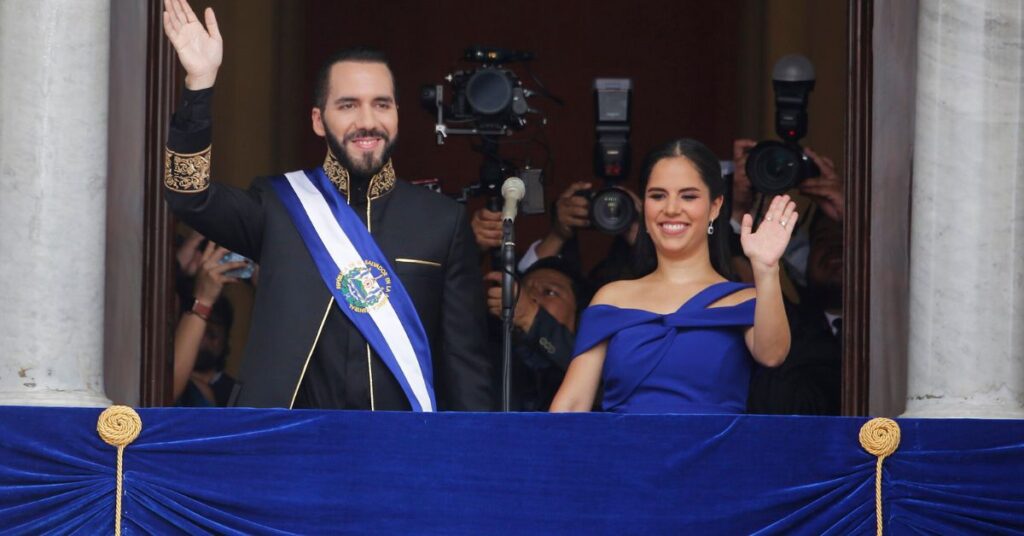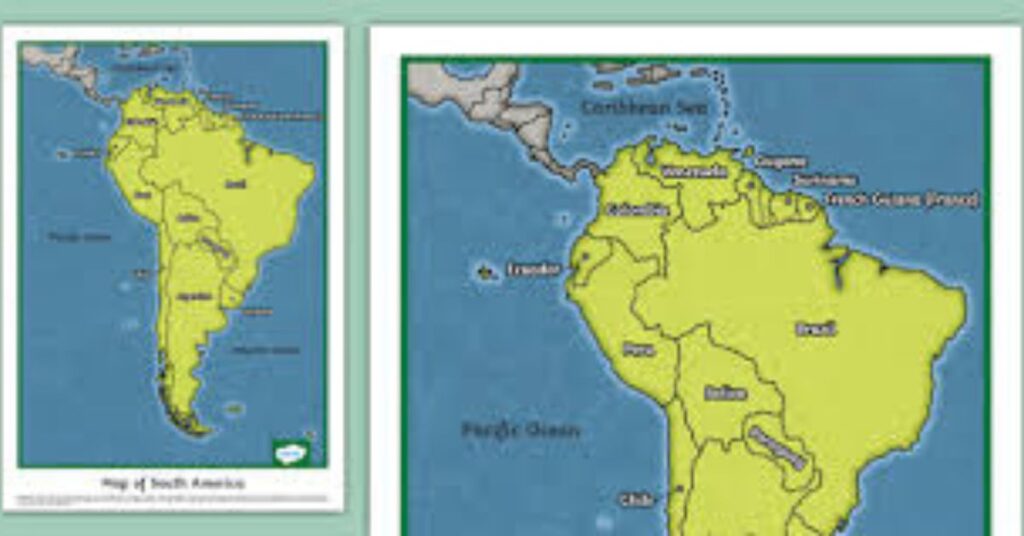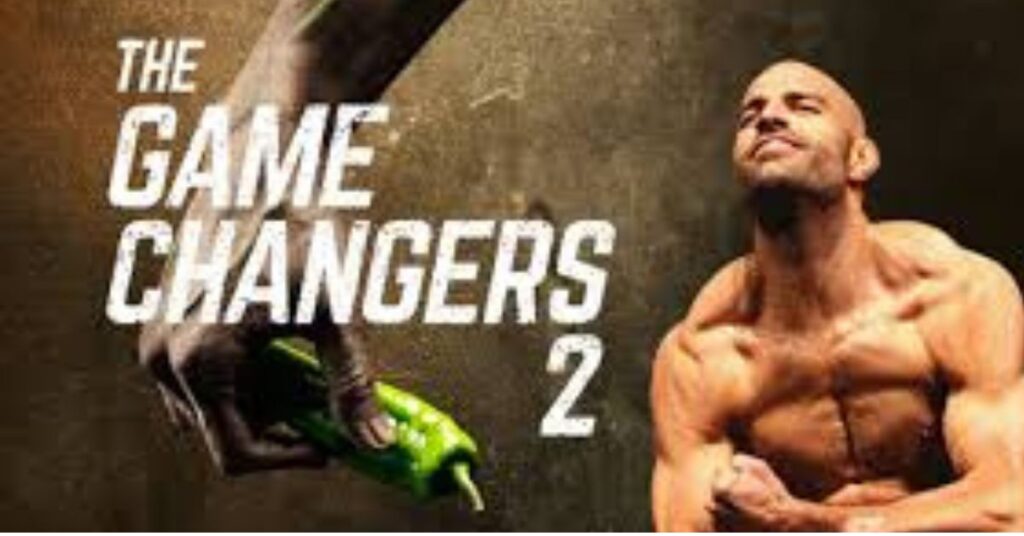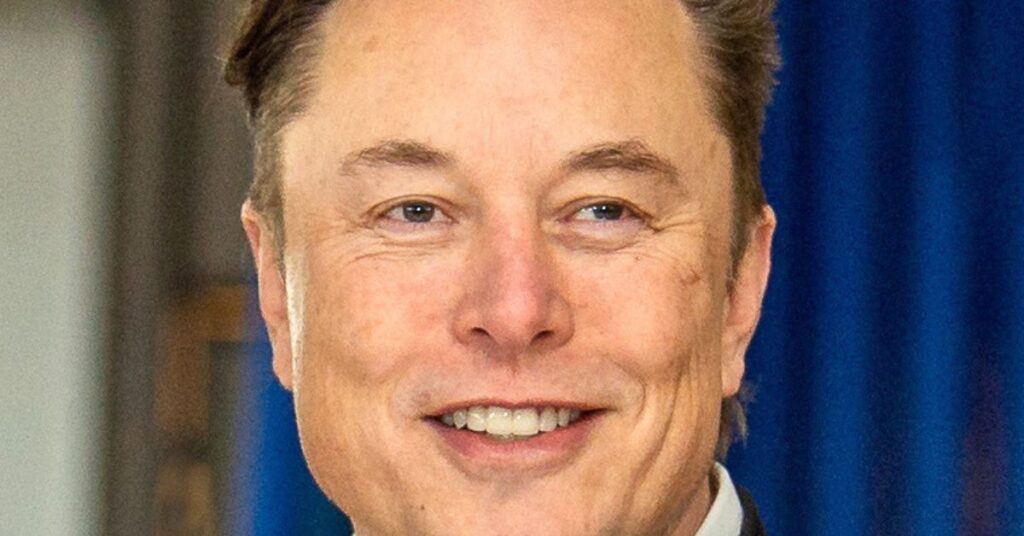When a leader stands tall for justice, even tyrants squirm. President Nayib Bukele just threw down the gauntlet, offering Venezuela’s socialist regime a deal they can’t ignore—or escape. In a stunning move that exposes the hypocrisy of Nicolás Maduro’s dictatorship, Bukele proposed to trade 252 hardened Venezuelan criminals deported by the U.S.—including gang members accused of murder and rape—for the same number of innocent political prisoners rotting in Maduro’s jails. This isn’t just a swap—it’s a challenge to tyranny, a stand for freedom, and a signal that under conservative leadership, America and its allies fight for truth, not appeasement.
| Item | Number | Notes |
| Venezuelan deportees in El Salvador | 252 | Many accused of violent gang ties (Tren de Aragua, MS-13) |
| Political prisoners in Venezuela | 1,000+ | Rights groups dispute Maduro’s claim that none exist |
| Amount paid by U.S. to El Salvador | $6M | To detain Venezuelan gang suspects under Trump policy |
| Venezuelan opposition figures detained | Dozens | Includes relatives of top political dissidents, journalists, lawyers |
| Supreme Court ruling on deportations | 7-2 | Temporarily blocked further deportations without due process |
Bukele’s announcement came via a direct message on X to Venezuelan President Nicolás Maduro, offering a humanitarian agreement with razor-sharp clarity: he would repatriate all 252 Venezuelans currently imprisoned in El Salvador’s high-security mega-prison, Cecot, in exchange for 252 political prisoners Venezuela claims don’t exist. Bukele didn’t mince words—he emphasized that many of those detained in his country were accused of violent crimes, while the political prisoners were jailed solely for opposing Maduro’s fraudulent re-election.
The bold proposal has sparked outrage in Caracas, where Attorney General Tarek William Saab dismissed it as “cynical” and demanded legal proof of crimes. Yet international human rights groups have long confirmed what Bukele made explicit: Maduro’s prisons are filled with dissenters, not criminals. Among the names Bukele cited were relatives of top opposition leaders and foreign nationals, including Americans, who have been swept up in Maduro’s campaign of fear.
Critics say El Salvador is being paid—$6 million by the Trump administration—to warehouse gang suspects. But little evidence has been made public to substantiate that all detainees are criminals. Bukele, who has built his reputation on a sweeping crackdown on gang violence, isn’t backing down. Instead, he’s taking a high-stakes gamble: exposing Maduro while defending those who dare speak out against tyranny.
Even as the U.S. Supreme Court paused further deportations under the Alien Enemies Act, Bukele’s plan shines a light on Trump’s America-first policy in action—removing threats, holding foreign powers accountable, and backing global freedom fighters. Critics call him a “neofascist.” Supporters call him a patriot. And for Bukele, that’s a badge of honor.
How many Venezuelans are currently imprisoned in El Salvador under this proposed swap?
President Bukele has offered to repatriate 252 Venezuelans detained in El Salvador’s Cecot mega-prison in exchange for an equal number of political prisoners held in Venezuela.
Why are these Venezuelans in El Salvador instead of being returned to Venezuela?
These individuals were deported from the United States to El Salvador under a deal with the Trump administration, which paid $6 million to house them in Bukele’s high-security prison.
What crimes are the deported Venezuelans accused of committing?
Bukele claims many are gang members tied to Tren de Aragua and MS-13, accused of violent crimes like murder and rape. However, critics note little evidence has been publicly shared to support these claims.
Who are the Venezuelan political prisoners Bukele wants released?
Bukele named several high-profile detainees, including:
Rafael Tudares, son-in-law of exiled opposition leader Edmundo González
Corina Parisca, mother of María Corina Machado, another prominent opposition figure
Journalist Roland Carreño and activist Rocío San Miguel
Four political leaders seeking asylum in the Argentine Embassy in Caracas
Nearly 50 other foreign nationals, including U.S. citizens
What is Venezuela’s response to Bukele’s proposal?
Venezuela’s Attorney General Tarek William Saab rejected the offer, calling it “cynical.” He demanded a list of detainees, their legal statuses, and medical reports, while denying the existence of political prisoners in the country.
What legal authority did the Trump administration use to deport the Venezuelans?
The deportations were executed under the 1798 Alien Enemies Act, a wartime law that allows the president to detain and deport citizens of enemy nations without normal judicial processes. It had only been used three times previously—during actual wars.
Has the U.S. Supreme Court ruled on this matter?
Yes. In a 7-2 ruling, the Court ordered a temporary pause on further deportations until migrants are given an opportunity to challenge their removal in court.
Why is this proposal significant?
It’s a rare, high-profile move that calls out authoritarian regimes, highlights human rights abuses, and reinforces a freedom-first agenda—backed by conservative leaders like Bukele and President Trump.
- Stand with freedom fighters: Call on Congress to demand Venezuela release its political prisoners now.
- Back strong borders and smart alliances: Support leaders like Trump and Bukele who protect their people and challenge corrupt regimes.
- Pray and act for the persecuted: From El Salvador to Venezuela, faith and courage are under fire—your voice matters.
- Reject leftist hypocrisy: The same people who cry “human rights” ignore true oppression. Don’t let them win the narrative.
- Stay informed and stay bold: Share this story. Real leadership doesn’t just talk—it acts.



